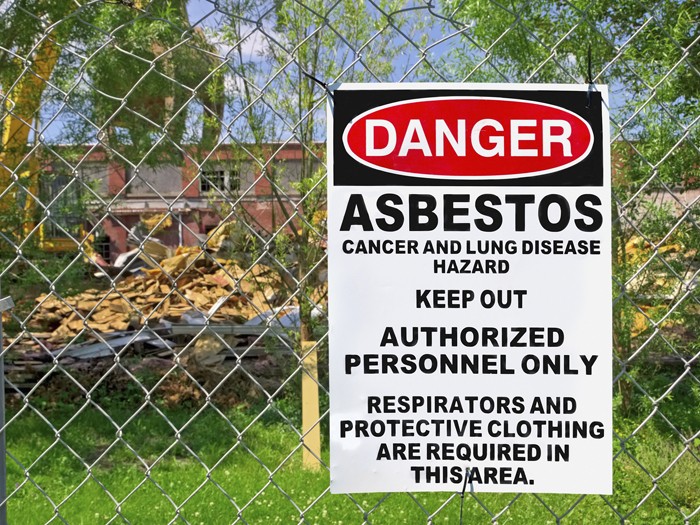Asbestos-Related Death Will Not Be Covered by Insurer, Court Says

After their father, Willie Savoie, died from asbestos-related lung cancer in 2015, his children filed a petition for damages against multiple manufacturers/suppliers of asbestos-containing products that he had worked for.
Included was Stone and Webster Engineering Corporation, for which Savoie worked from 1967 to 1978.
In the allegations, the children noted that Savoie directly “worked with and/or was exposed to asbestos and/or asbestos containing products produced, manufactured, installed, removed, maintained, sold and/or distributed by the defendants.” In doing so, they alleged Savoie inhaled great quantities of asbestos fibers, causing his illness and death.
The complaint was filed in 2016 and was soon amended to include Arrowood Indemnity Company as a defendant for its role as Stone and Webster’s insurer at the time of Savoie’s employment.
Arrowood provided a comprehensive general liability insurance policy to Stone & Webster from 1968 through 1971.
Arrowood filed a motion for summary judgment following the allegations brought forth by the Savoie family, asserting its liability policies issued to Stone & Webster contained employee exclusions that precluded coverage for the Savoie family claims.
At a trial court hearing in early 2020, Arrowood presented its case, stating its policies “do not extend additional insured coverage to Stone & Webster executive officers for injury, sickness, disease or death of a co-employee” such as Savoie. The trial court granted summary judgment in Arrowood’s favor.
Stone & Webster appealed.
The court looked at the plain language of the policy in order to decide whether Arrowood’s general liability policy did in fact cover Savoie’s asbestos-related illness and death.
It found that, under the policy definition of the term “insured,” a specific clause stated “that the insurance afforded by this policy does not apply … to any employee with respect to bodily injury (including sickness, disease or death) to another employee of the same employer sustained in the course of such employment unless such employer has agreed as a term of employment to provide such insurance to the employee or unless such injury is covered by coverage C.”
Scorecard: Due to the plain language of the policy, the court affirmed the trial court’s judgment. Arrowood would not be on the hook for any asbestos-related claims from the plaintiffs.
Takeaway: Dangerous professions that can lead to injury, illness or death must review their coverages to make sure their employees are safe and looked after in the event an incident occurs. &










